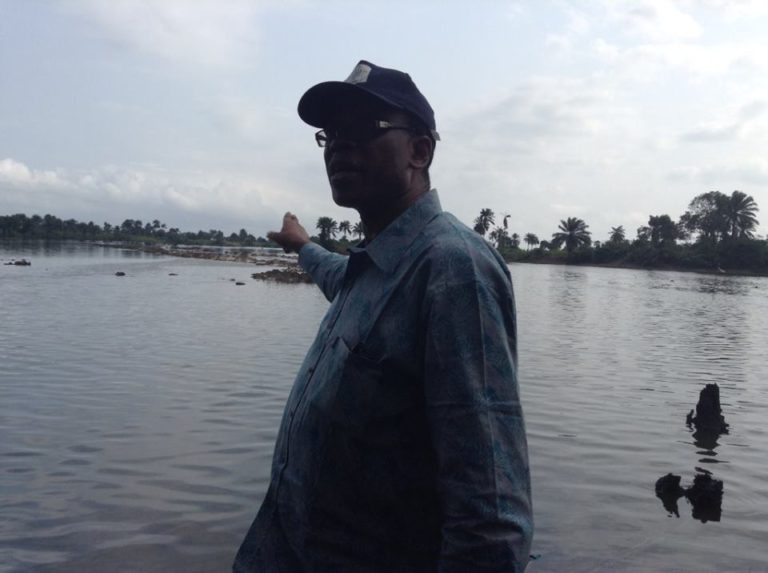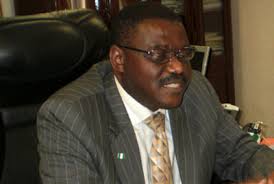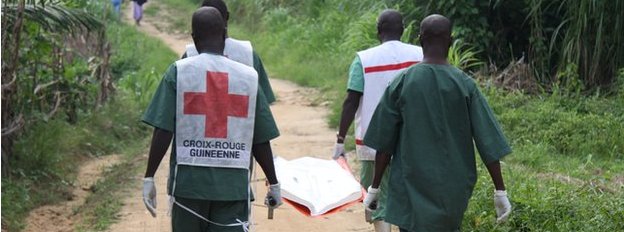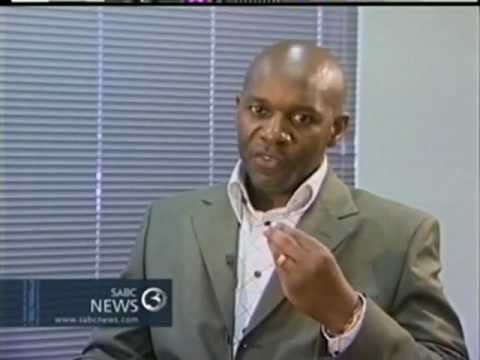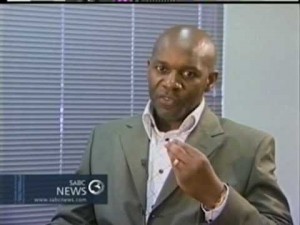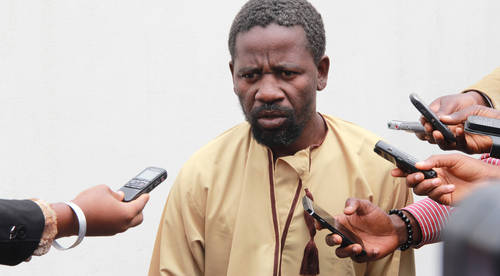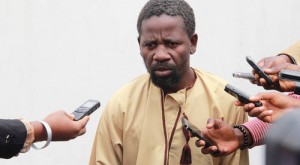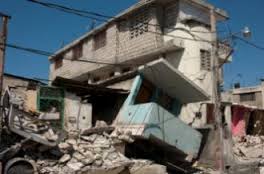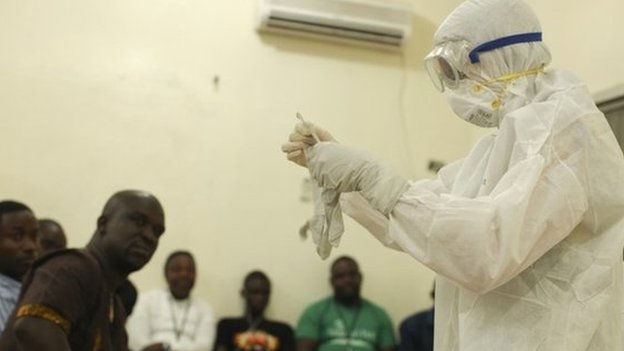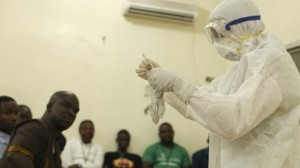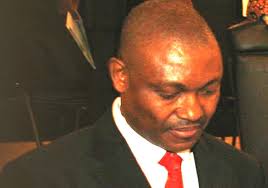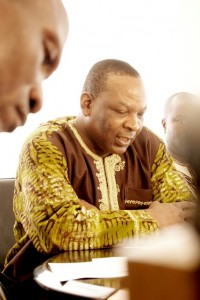In the spirit of the third year anniversary of the release of the report on Ogoniland by the United Nations Environment Programme (UNEP), Nnimmo Bassey, who heads the Health of Mother Earth Foundation (HOMEF), reflects at a recent forum on the travails of the community, scarred by decades of land and sea degradation as a result of oil and gas pollution. He believes women have a vital role to play in the clean-up of Ogoniland

My oldest memories of Ogoni are those of pain, despoliation and neglect. They are memories of the military absolutely unable to understand why citizens could dare to demand for any modicum of justcie and dignity. It is the memory of the many Ogoni exiles flung across the globe from nearby Benin Republic to the furthest places you could imagine. The memories are stuff that many wish to never experience. Yet in these memories we derive deep inspiration to never be silent in the face of tyranny.
Ogoniland has undeniably suffered peculiar ecological damage, yet the people remain resilient, organised and hopeful. They remain forward looking despite the many dark moments that history will never ignore.
My recent memories of Ogoniland are not as dramatic as of the events and personae of the early 1990s. These memories may not fond memories but they have hetched indelible marks on my conscience. One memory is of a little boy one early morning at the banks of the creek at Goi. He had just waded from to where we stood from a crude oil ravaged stumps of what were once mangroves. He had in his hand a crude oil coated broken plastic bucket. In the bucket were crude oil coated crayfish. When we asked what he would do with the crayfish, the boy told us that he would wash them and then sell them. He needed some cash for school fees, you see. And how much would the crayfish fetch? N500!
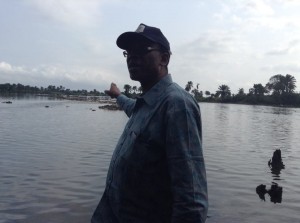
The next mark on my memory was during a visit with the Environment Committee of the Senate. After visiting the emblematic Ebubu Ejama at Eleme and the Bomu flow station, we went up to the spot where the little lad had emerged with his catch. This time our attention was captured by an old lady who was processing cassava in the same oil coated creek. Why was she doing that? She was fermenting cassava in the creek the way she had been doing from when she was a youth. The memory, the knowledge and the food processing method had been developed over the ages and had served her well. But the creek was no longer what it used to be.
More recently, I was again at this same location. About a dozen teenagers were frolicking in the creek. I was aghast. A debate with the lads on why they should not swim in the polluted water dragged on for minutes before they eventually stepped out of the water. A conversation ensued. My guide on this visit was one of their teachers in a nearby secondary school. We asked them what dreams they had for the future. What did they hope to become in life? Except for one boy who said he would like to be a civil servant, the rest wanted to be politicians. I will not be tired of relating this story. Why would a bunch of kids think of being nothing but politicians?
These stories could be replicated in various forms across the oil field communities of the Niger Delta.
Three years have gone by since the report of the Environmental Assessment of Ogoniland was submitted by the United Nations Environment Programme (UNEP) to the Federal Government of Nigeria. The report clearly stated some emergency steps and other longterm steps that needed to be taken based on the findings of the assessment.
Some of the recommended emergency measures could be seen as low hanging fruits that the government and Shell could have quickly embarked as an indication that the lives of the people matter, that the Ogoni environment matters. The measures include:
- Providing adequate sources of drinking water to those households whose drinking water supply is impacted.
- People in Nsisioken Ogale should be recorded in a medical registry and have their health status assessed and followed up as they have been drinking water laced with benzene, a known carcinogen, at 900 times above WHO standards.
- Initiate a survey of all drinking water wells in areas where hydrocarbon pollution had been observed.
Related measures included posting signs at polluted locations warning the people not to swim, bathe or fish in the contaminated waters. They were also to be warned not to drink such waters and not to walk in contaminated sites.
The signposts have been put up at some locations, but how would people not walk in their communities when the signposts warn them to keep off?
The report shows that many of the flow stations and manifolds are located within communities and have residential buildings and schools just a few metres away. The report also warned that at places where the surface of the ground appears to be unimpacted a little digging beneath the surface revealed hydrocarbon pollutions. At some locations the pollutants went as deep as five metres.
At the third anniversary of the UNEP report, the people are justifiably scandalised that they have been left to fate as though nothing was wrong with their environment. No one believed that this much time could elapse with no real action taken.
Today we not merely examine how women have coped with living in such a deadly environment, we will also examine what measures can be taken to literally reverse the tide and what are the obstacles that have made it possible for government and Shell to carry on as though nothing was amiss.
We will also look at the other pollutants in the land that are less spoken of and also see whether there are loopholes in the UNEP report that has been or can be exploited to the detriment of the people.
Commentators have pointed out that a location like Goi was studiously avoided by the study. We have also noted that undue emphasis has been placed on the ecological damage caused by artisanal refining – almost as though to suggest that the new phenomenon was responsible for decades old pollution piled up by Shell. While the report is the most definitive official and public document that we have on the environmental damage of any part of the Niger Delta, we also note that there appears to be a subtle reliance on scientific neutrality or caution to pass on the idea that dangerous situations may not really be so dangerous after all. The report did not draw any conclusions that the pollutions caused any serious health problems. They data collected from 5000 records were said to be insufficient and that the information was not adequately segregated to allow for a judgement to be made.
Even the fact that untreated produced water with normally occurring radioactive elements are discharged “into neighbouring trenches, wetlands or burrow pits” is nothing to worry about. See Page 45 of the report. The reduction in fish stocks in Ogoni water is attributed to over fishing and not to the extreme hydrocarbon pollution (Page 178).
What can women do to ensure a clean-up of Ogoniland? Can we build hope on the scaffoldings of memory? Can we indeed assert our right to a clean environment and the way we relate to Mother Earth on the platform of Re-Source Democracy?
Can we overcome the mistrust between communities that provides the wedges for divisions and go ahead to build peace, solidarity and cooperation across the Niger Delta?
Here we are. Let the conversations begin. In one of his last poems, Ken Saro-Wiwa wrote that Silence Would be Treason. There is a sense in the resilience of the Ogoni people that shows that neither silence nor inaction will be an acceptable option.

